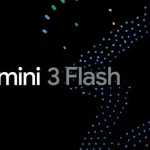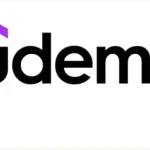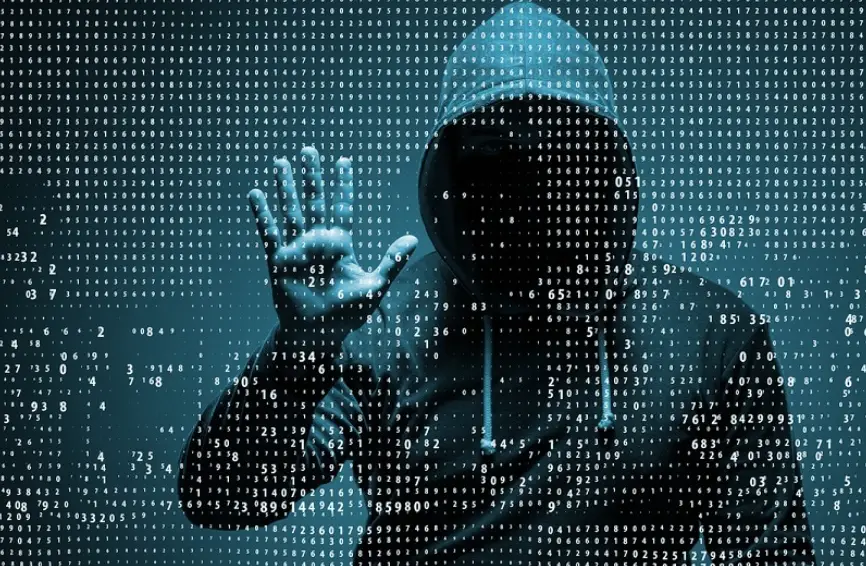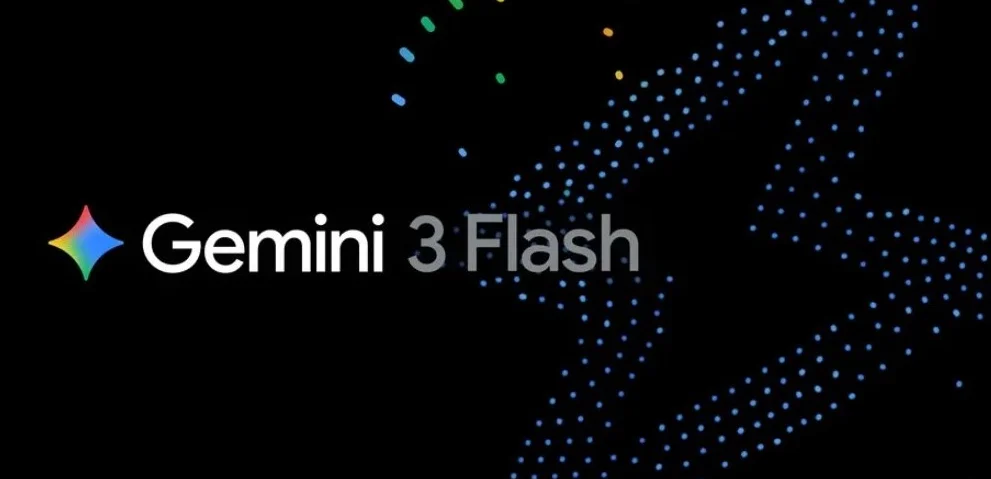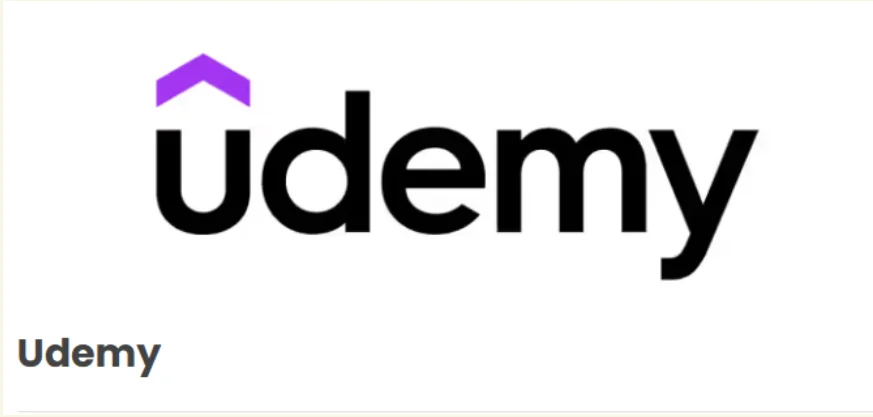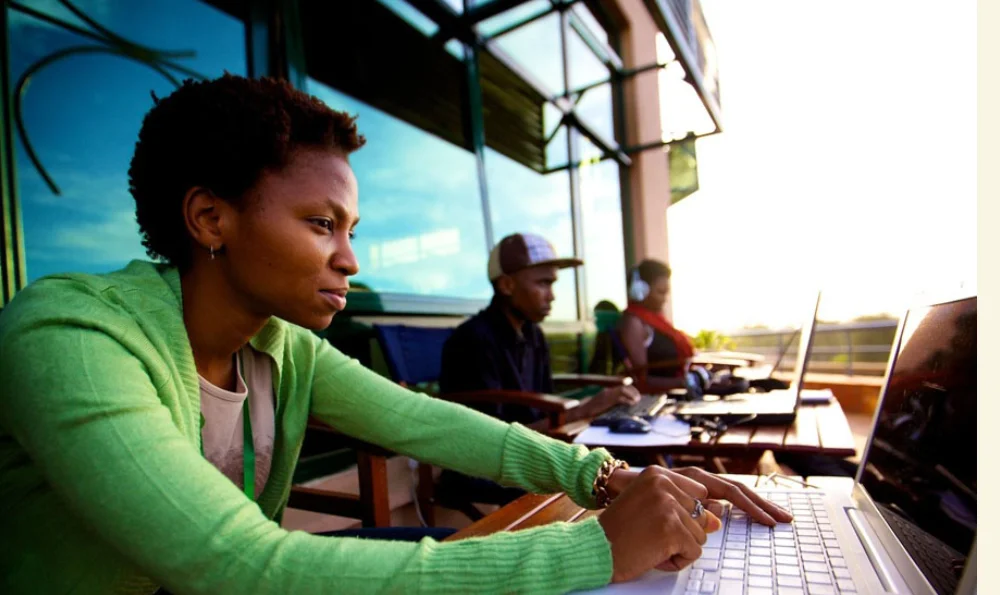According to the CIA Country Fact Check, Nigeria has nearly 85.5 million internet users. Mobile cellular subscriptions are slightly more than 184 million, an approximate 88 per 100 Nigerian inhabitants. Deloitte, a leading worldwide business services and consulting firm predicted that in 2020 Nigeria, like the rest of the world, would “witness unprecedented cyber-attacks and cybersecurity solutions.”
The real problem for Nigerian citizens is highlighted in this Stears Business online article. The average Nigerian, like citizens the world over, is accustomed to surrendering personal data in exchange for digital services. The problem in Nigeria is that there are no government mandates to prevent and report misuse or compromise of all that data.
The Stears article points out that “Nigeria is one of the world’s most vulnerable countries to cyber-attacks.” As recently as 2018, “about 60% of Nigerian firms suffered an attack…” The bottom line is “Nigerian firms are being attacked, but no one is reporting what is stolen.”
The flip side of the issue is government censorship and control of internet access. According to Freedom House, after the February 2019 elections, the Nigerian government considered legislation to “restrict online speech” in response to the spread of misleading and false online information.
While civil libertarians, bloggers, and internet users mobilized to oppose the bill, the government continued to leverage existing criminal defamation laws to arrest people for online activities. Nigeria has also blocked websites promoting the independence of the Biafra region and previously shut down internet access in three northern states during the Islamist Boko Haram insurgency.
The good news is that Nigeria’s internet infrastructure is decentralized and complex. This promotes competition and makes it difficult for the government to systematically filter or censor internet use.
Nevertheless, there are troubling reports that Nigeria’s government accessed call records from service providers and arrested at least three reporters along with numerous bloggers for online activities. Also, journalists and news sites reported several distributed denial of service cyberattacks.
So, the struggle between Nigerian citizens and a government concerned with security means that hacking, privacy, and censorship issues will remain part of the Nigerian digital landscape indefinitely. Internet uses wanting to access Nigerian resources should use a VPN (Virtual Private Network).
The best reasons to use a VPN in Nigeria
VPNs are an encrypted tunnel
A VPN guarantees the security of online browsing by means of an encrypted “tunnel,” which replaces dedicated lines and hardware. The “tunneling” is by means of a pathway where a packet of data is enclosed within another encrypted packet, which can neither be intercepted nor read without the encryption key at the destination.
The VPN shows the user’s address as that of the VPN server the user logged into—a secure server in Nigeria, for example. When the VPN routes the user to the that secure VPN site, the data is encrypted.
Hackers and other surveillance agencies will have a difficult time tracing and tracking the user, even if the destination site is not secure. This is due to location and IP masking provided by the VPN server.
VPNs provide privacy and online protection
Browsing without a VPN makes the user a sitting target for trackers. Without the privacy and online protection of a VPN, the internet service provider can observe and record the user’s browsing activity and habits and sell the data to marketers. Also, without a VPN, the user can be vulnerable to compromises on unprotected public networks through so-called “Man-in-the-Middle” (MITM) attacks.
Preventing MITM breaches
Protecting against MITM attacks is the top reason for using a VPN. This is especially so on public Wi-Fi networks. Cyber criminals use detection technology and clever tactics like employing fake websites and apps. The goal is to gain their victim’s user credentials and passwords. The interference can be real time, or through injection of malware to the victim’s device for later activation.
MITM hackers use a number of tech-savvy and clever strategies, which include the following:using so-called “pineapple” devices to find nearby unsecured user networks
DNS spoofing to lure the user to fake websites
using fake web applications to trick the victim into providing personal login credentials
using “sniffer” software to detect online activity of their target users
hijacking unencrypted session cookies, which show email login information
A VPN, then, acts as a mobile shield. It hides the user’s IP address and adds encryption to the mix. Even if the hacker were to intercept the connection, what is displayed is only indecipherable gibberish.
VPNs bypass geo-blocking
Most countries enforce copyright restrictions and allow online streaming services to permit access to local users only. A premium VPN service like Surfshark can defeat VPN blockers. It does that through location hopping seeking servers that to bypass government censorship and geo-blocking. Essentially, a VPN maintains the founding principle of the internet, which is free and open access to everyone.
- using so-called “pineapple” devices to find nearby unsecured user networks
- DNS spoofing to lure the user to fake websites
- using fake web applications to trick the victim into providing personal login credentials
- using “sniffer” software to detect online activity of their target users
- hijacking unencrypted session cookies, which show email login information
A VPN, then, acts as a mobile shield. It hides the user’s IP address and adds encryption to the mix. Even if the hacker were to intercept the connection, what is displayed is only indecipherable gibberish.
VPNs bypass geo-blocking
Most countries enforce copyright restrictions and allow online streaming services to permit access to local users only. A premium VPN service like Surfshark can defeat VPN blockers. It does that through location hopping seeking servers that to bypass government censorship and geo-blocking. Essentially, a VPN maintains the founding principle of the internet, which is free and open access to everyone.


